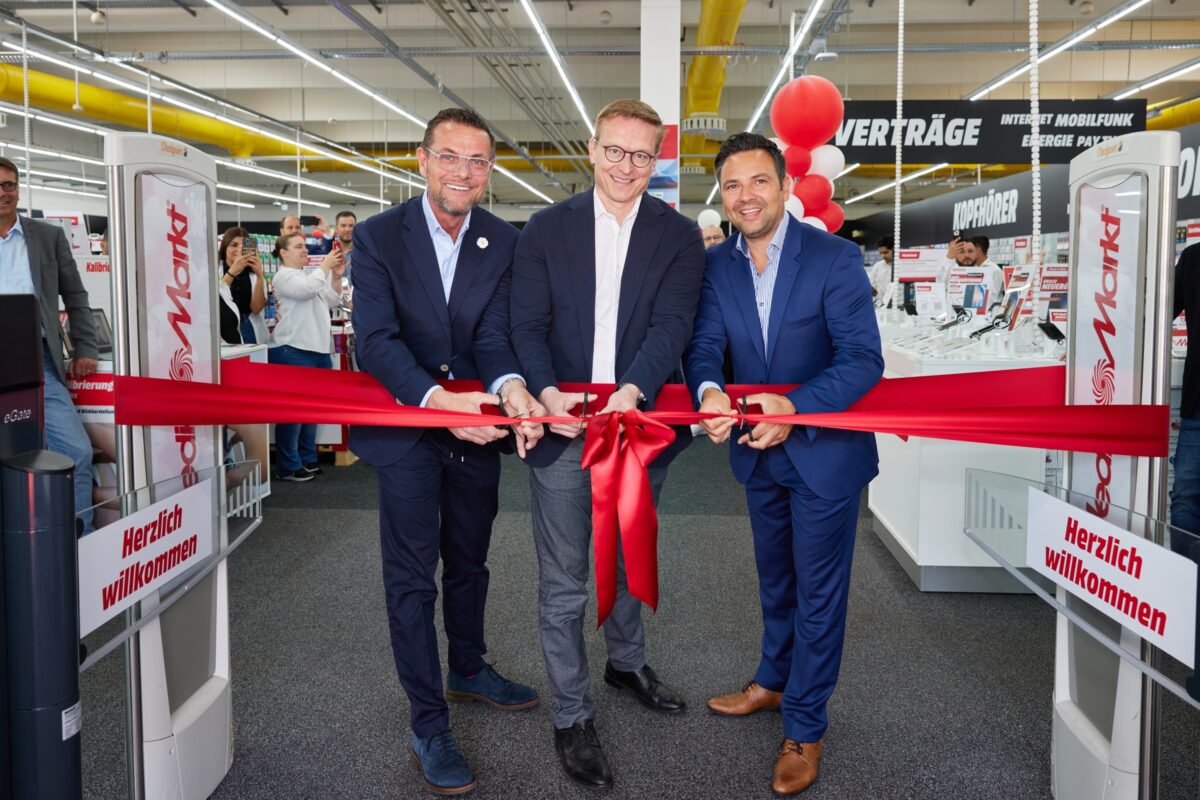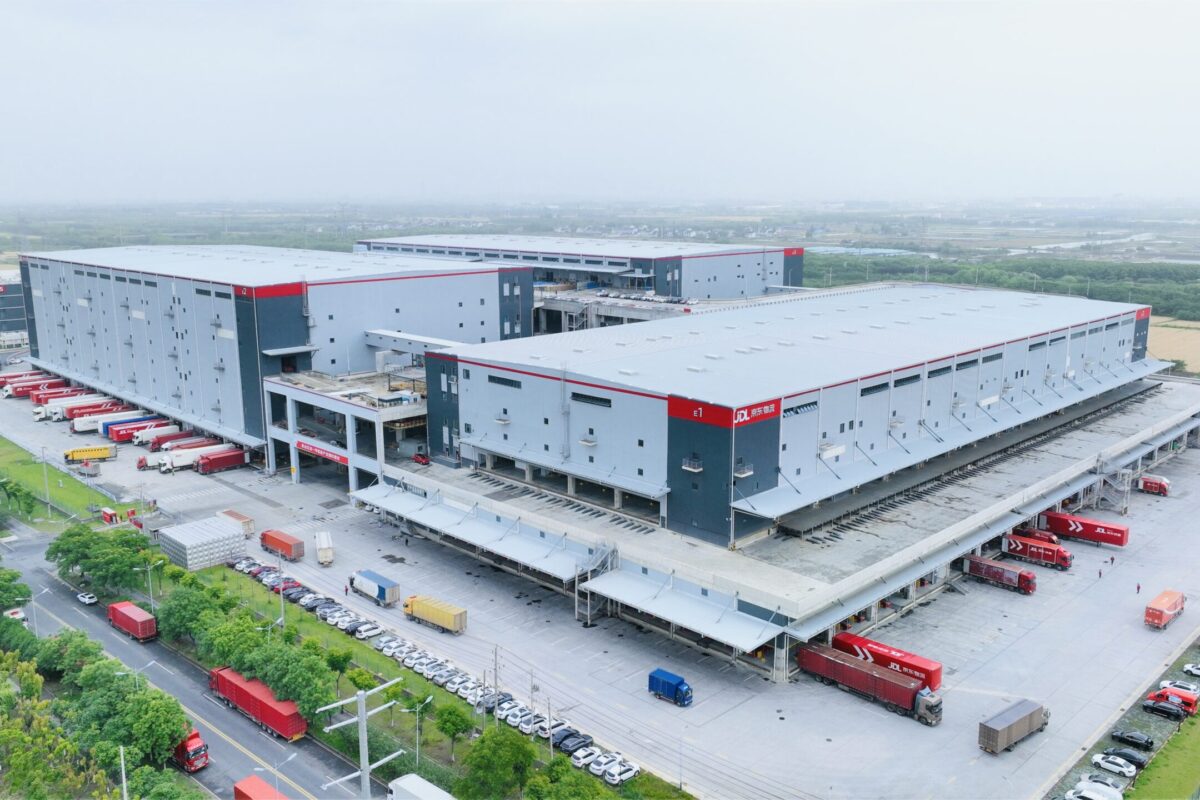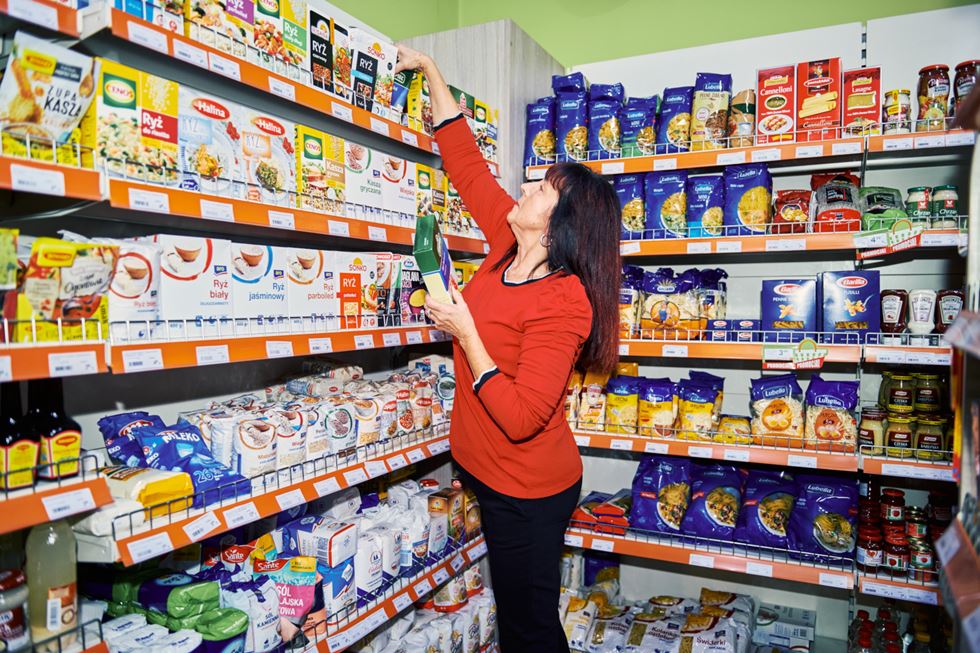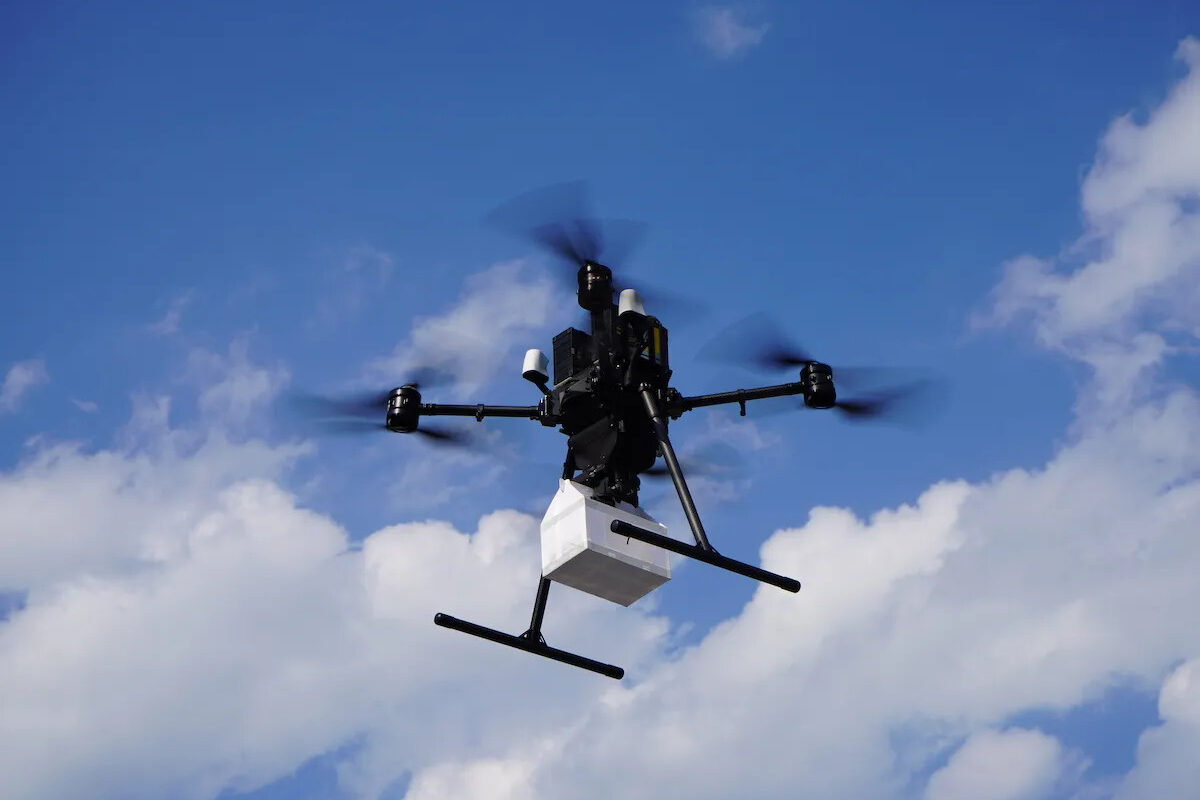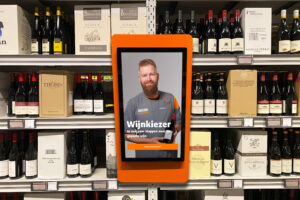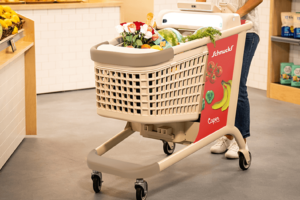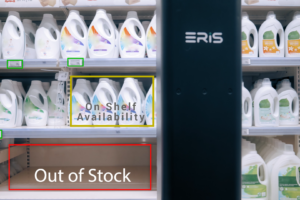Digital solutions improve the customer experience and create possibilities for expansion
Online retail has grown steadily for years and has experienced an immense surge amid the coronavirus pandemic. How does this impact the logistics industry? It means that fast delivery is no longer a ’nice-to-have’, but a necessity and customer expectation. Those who don’t perform, lose out. Not only in the eyes of the customer, but also to their competitors. Yet a recent study indicates that retail businesses and the logistics industry don’t seem to be properly prepared to face this challenge.
Traditionally, movement of goods from a warehouse to the final delivery destination at the customer’s doorstep is the slowest part of the shipping process. SOTI commissioned a study titled “The Last Mile Sprint: State of Mobility in Transportation and Logistics” with 450 IT decision-makers from the transportation and logistics industry in Germany, the United States, Canada, UK, Sweden, and Australia. 6 out of 10 study participants say last mile delivery is the most inefficient process in the entire supply chain. Why is that? Respondents believe outdated technology used in last mile delivery is to blame.
The costs and inefficiencies of last mile delivery are exacerbated by the continued surge in e-commerce. This puts immense pressure on companies to optimize their delivery routes and processes. It amounts to a global, industry-wide challenge that retail companies and transportation and logistics providers must face.
Losing customers due to outdated last mile delivery technology
Despite unprecedented demand for logistics services, the study reveals that nearly half (49 percent) of all transportation and logistics companies worldwide and 44 percent of the surveyed executives in Germany surmise that their organizations use outdated technologies. Globally, almost a third (30 percent) of all executive managers expect that this is likely causing them to fall behind their competitors.
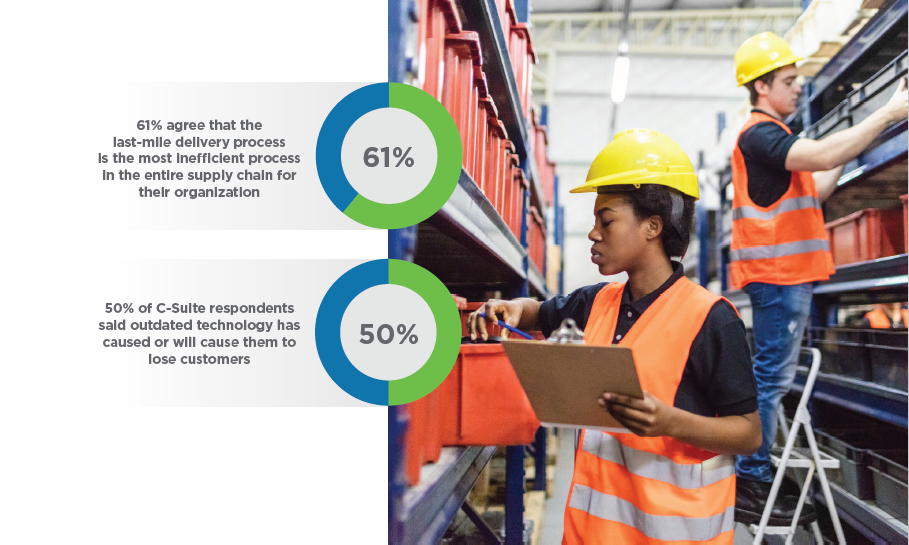
© SOTI
Innovation: Untapped potential
The lack of digital processes is also said to affect the ability of companies to expand and respond to challenges prompted by the ongoing coronavirus pandemic. More than a third (37 percent) of all companies surveyed worldwide and 32 percent of German respondents that use outdated technology indicated that this prevented them from growing and expanding their business during the crisis. Meanwhile, 36 percent of all companies worldwide and 25 percent in Germany agreed their organization would benefit from improved real-time support for mobile devices amid times of crisis.
The logistics industry must accelerate digitalization
Process optimization is not only a critical component of the entire supply chain and subsequent fulfillment – the crucial link that ensures successful delivery. The implementation of digital strategies also permits retail businesses, logistics companies, and CEP service providers to gain valuable insights into business-critical aspects of their supply chain. It allows them to make real-time decisions and initiate agile responses. Introducing or expanding this type of strategy takes top priority to push their company forward.
Ful. Fill. Ment – New focal point of EuroCIS 2022
Against this backdrop, it’s only logical that EuroCIS, the leading platform for retail technology, includes fulfillment/logistics in its comprehensive range of topics. By adopting a robust digital strategy, companies and their partners will not only be able to provide better customer experiences, but will also increase speed, minimize costs and optimize communications between all actors of the logistics chain. The result: It creates transparency with your customers and makes your company stand out in a crowd of competitors.
Elke Moebius, Global Head of Retail / Retail Technologies at Messe Düsseldorf confirms: “There is no question that optimally structured fulfillment processes play an important role in e-commerce. E-commerce and Connected Retail solutions have long been an integral part of EuroCIS, and this in a very diverse way on the exhibitor side and thematically in the stages programme. However, online retail is only successful if the shopping experience is fully connected and the seamless interaction of all channels is ensured. This also includes the logistics processes, because the last mile in particular often determines whether a retailer can satisfy his customer.”
In these product categories you can showcase your company and services in the universe of EuroCIS:
- Fulfillment services
- Logistics services
- CEP services
- Shipment service providing
- Packaging services
- Shipping optimization







